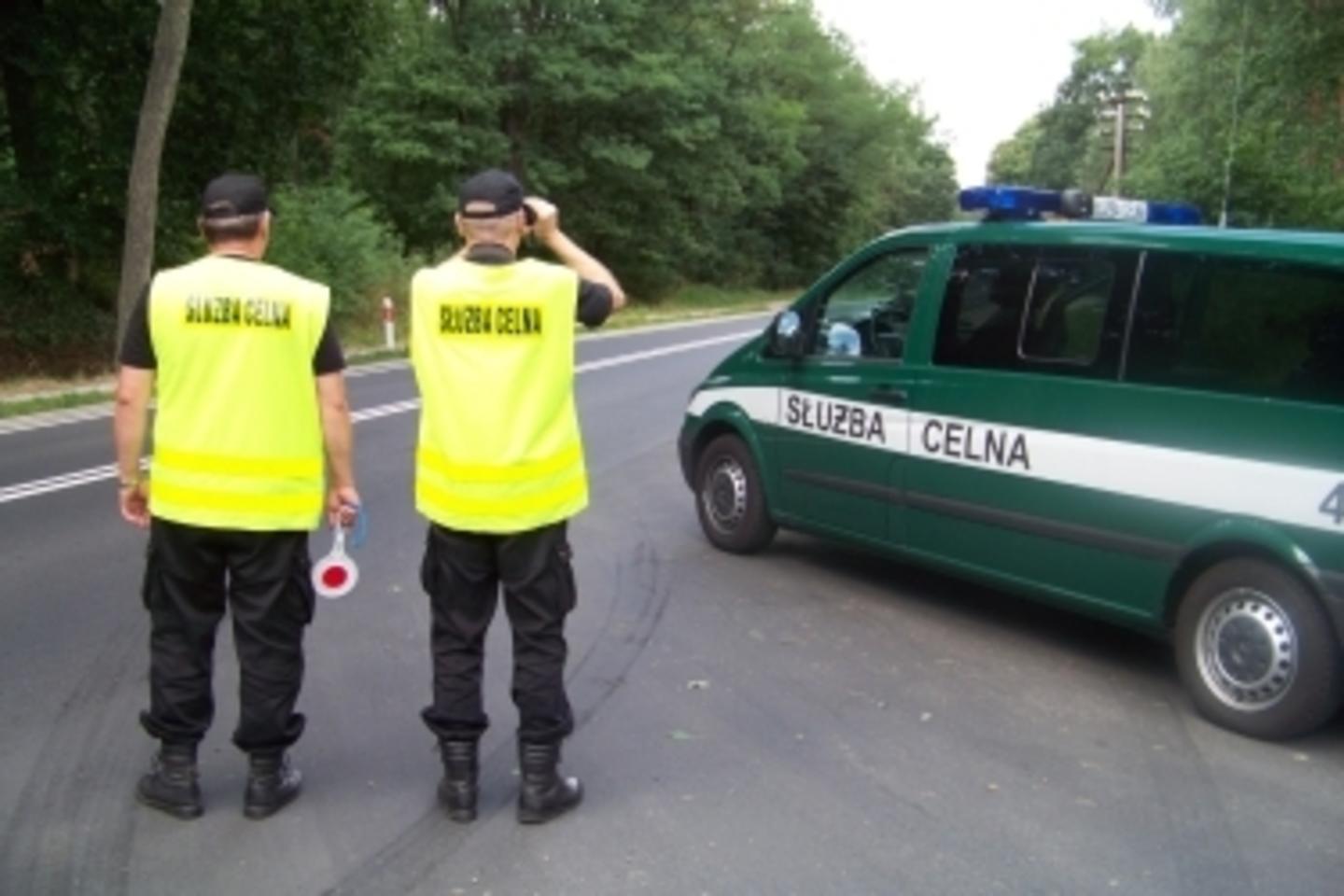The Schengen agreement removes internal borders between the participatory countries. Millions of people can now travel between 25 European countries, without needing to present their passport when going through the border crossings.
Passport controls are carried out upon entering and leaving the Schengen area, meaning that each participatory country guards its own external border also on behalf of all the other countries. It is therefore in everyone's interest that the police, customs and border services in each participating country have access to the best possible equipment and are sufficiently trained.
The Schengen agreement also comprises cooperation within the fields of asylum and visa policies. Information exchange between police and immigration authorities is facilitated by the Schengen Information System, a Europe-wide electronic database containing details of wanted or missing persons or stolen vehicles and goods.
Supported projects
The majority of the Schengen and judiciary related projects supported under the Norway Grants concern providing national police forces with adequate training and equipment of common European standards. Among the supported activities are upgrades of Karlovy Vary and Malta airports, training for Lithuanian police school instructors and efforts to reinforce the controls at the EU's external border with Russia, Belarus and Ukraine, for instance as in Terespol, on the Belarusian border.
Another priority related to the strengthening of the judiciary is to improve the quality of correctional facilities in the beneficiary states. Criminals exploit the reduced internal border controls, and operate in cross-border networks.
Improving reintegration programmes and prison infrastructure with the particular aim of helping young inmates in the beneficiary states will make it easier to carry out a more pro-active prevention policy, and strengthen the inmates' chances of successful reintegration into society. Norway supports several re-socialisation programmes and renovation projects in prisons for juvenile delinquents in Estonia, Latvia and Lithuania.
The Schengen cooperation is also of symbolic importance as it builds down barriers that marred Europe for much of the 20th century, and would have been unthinkable just 30 years ago.
